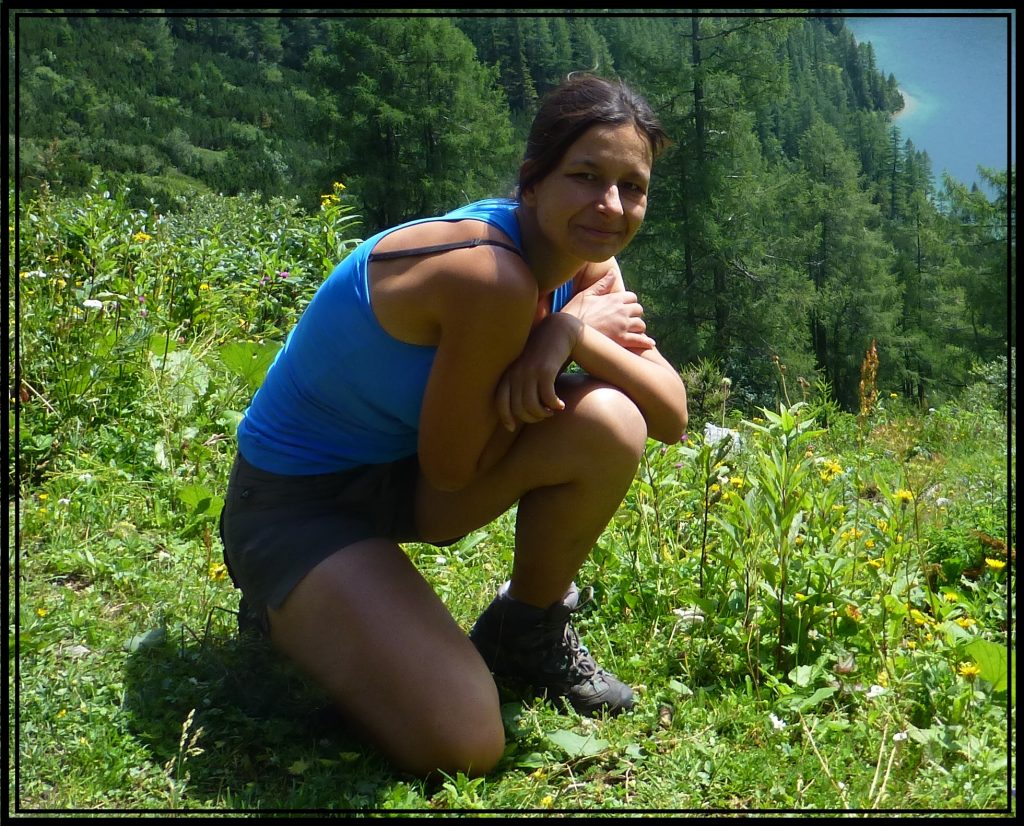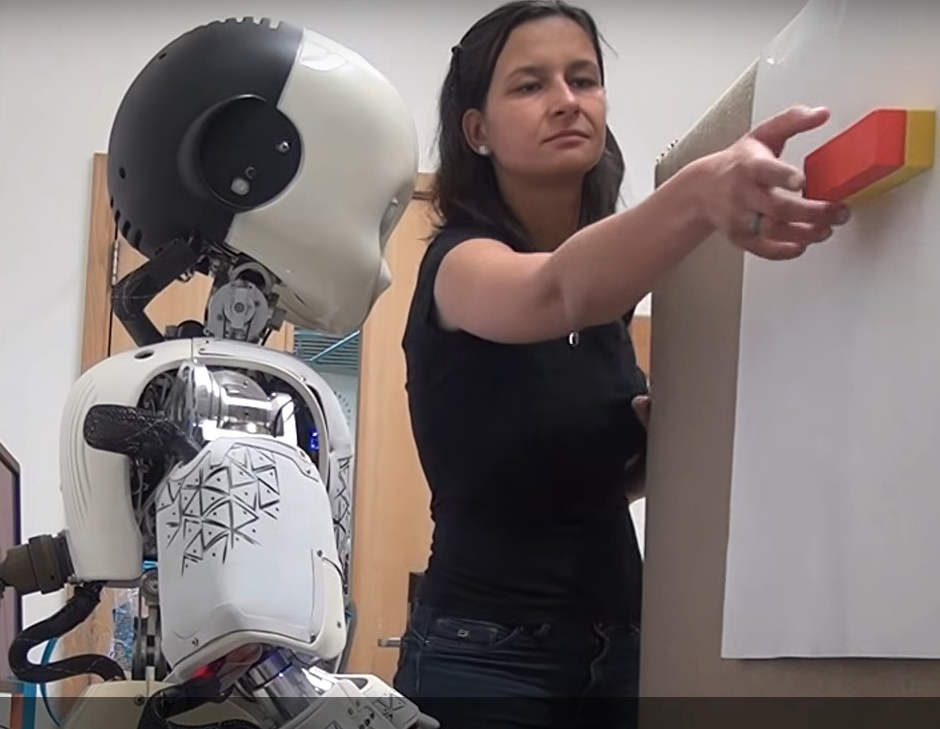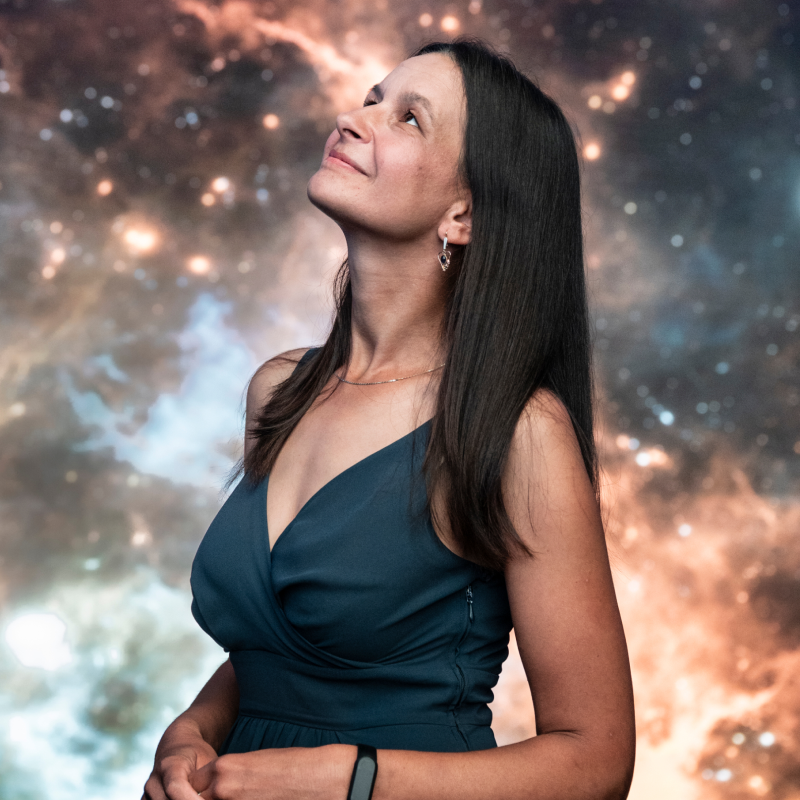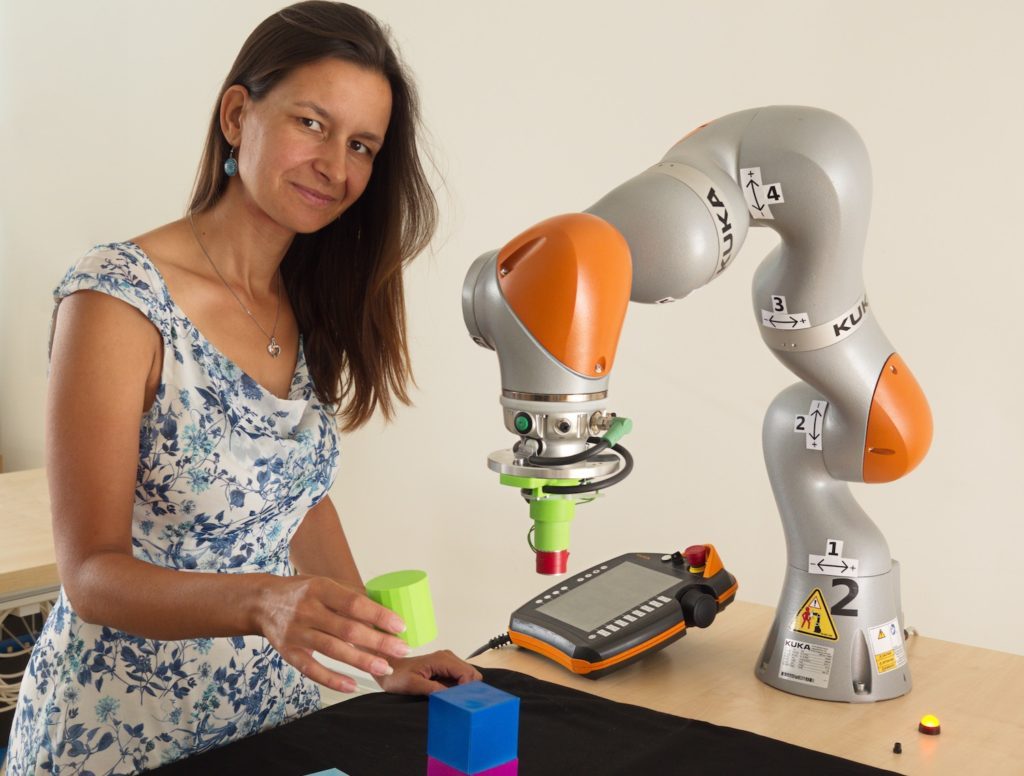Researcher at the Czech Institute of Informatics, Robotics, and Cybernetics, CTU in Prague
Head of: ROP (Robotic perception group)
Member of: Imitation learning Centre & Incognite group (Cognitive Modeling & Bio-insipired robotics)


I aim at developing AI-based systems that enable humans to teach robots via instructions and demonstrations various tasks. I am particularly interested in developing systems, that can understand human intents and context of the situation, combining data from various modalities using probabilistic models and multimodal neural networks.
I’m a Researcher at the Czech Institute of Informatics, Robotics, and Cybernetics, CTU in Prague (CIIRC CTU). Since 2024 I am a head of Robotic perception group. I received my Ph.D. degree in Artificial Intelligence and Biocybernetics at the Faculty of Electrical Engineering, Czech Technical University in Prague (FEE CTU), Department of Cybernetics, in 2017, and my Mgr. (M.S.) degree in Condensed Matter Physics at Faculty of Mathematics and Physics, Charles University in Prague, Czech Republic, in 2010.

I am an interdisciplinary researcher specializing in developmental and cognitive robotics with a focus on how humans acquire language, communicate, and learn novel tasks. In my work, I develop robots that leverage insights from human cognition to learn efficiently, interpret multimodal human commands, and adapt to unfamiliar circumstances. By advancing the ability of robots to comprehend their environments and interact seamlessly with people, I aim to bridge the gap between human and robotic understanding. The ultimate goal of my research is to enable trustworthy and efficient human-robot collaboration, with impact in areas such as small-batch manufacturing and assistance in home/eldercare environments. Methodologically, my work employs self-supervised learning, optimization techniques, and hierarchical probabilistic models to capture processes of learning, knowledge acquisition, and task execution. My research interests are probabilistic models of cognition, unsupervised learning, multimodal integration, language acquisition, symbol grounding, learning by demonstration and human-robot interaction in general.
Beyond research, I believe that sharing our research with society is an essential part of being a scientist. Scientific results don’t have to make an impact only once they turn into new technologies—they can also bring people joy, new insights, or a spark of curiosity. I enjoy taking part in outreach events, contributing to public communication through social media and supporting diversity in science, with particular emphasis on empowering women in science and engineering.

